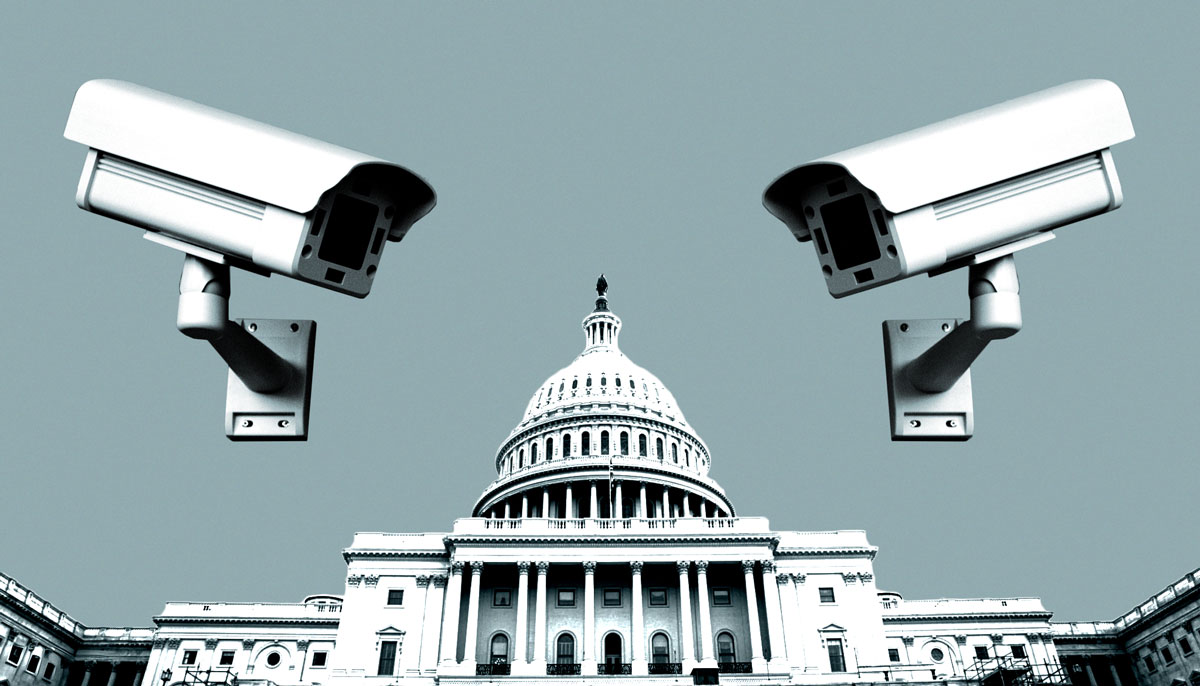Senate panel examines how to crack down on robocalls
Congress can sometimes manage to agree on some wrongs to try to right, and one of those is the robocall. The Senate held a hearing Thursday to find a way forward on cracking down on the practice, which plagues just about anyone with a phone.
Telecom industry professionals called on lawmakers on the Senate Subcommittee on Communications, Technology, Innovation, and the Internet to pursue the criminal enforcement of robocalls in hopes of providing consumers some relief.
The Federal Communications Commission says that Americans received 47.8 billion robocalls last year, and over 46 percent of them were from scammers. Robocalls, typically made to personal communication devices, use a computerized auto-dialing device to deliver a pre-recorded message, as if from a robot. The calls range from recordings claiming they're representatives from the IRS or debt collectors, to political and telemarketing phone campaigns.
And often, the calls appearing on Americans' phones appear to be familiar numbers, but they're in fact "spoof" calls that hide the real number calling in order to trick people into answering the call.
Representatives from the telecommunications world argue that enforcement by the Federal Communications Commission (FCC) through its "Do Not Call" registry alone falls woefully short. Increased criminal enforcement against the calls is necessary, they told Congress. Currently, federal enforcement efforts are largely limited to civil actions -- something U.S. Telecom Association representative Kevin Rupy said needs to be expanded to a larger "aggressive" criminal enforcement campaign at the federal and state levels.
"Criminal syndicates engaged in illegal robocalling activity should be identified, targeted and brought to justice through criminal enforcement efforts," said Rupy.
Doug Peterson, Nebraska's State Attorney General argued that stopping illegal calls before they reach the consumer is "especially important" because – "unlike legitimate callers – these nuisance callers will not be deterred by the prospect of enforcement [action] and [are] especially difficult to locate."
Committee Chairman John Thune acknlowedged that robocalls present a "clear problem" for American consumers. He noted, however, that not all automated calls are inherently bad, citing flight cancellation alerts from airlines, fraud notifications from big banks and even appointment reminders from doctors.
Despite that, Thune said enforcement and prosecution is "necessary and appropriate" for those who knowingly flout laws to prey upon the American consumer. Democrat Brian Schatz said the issue "crosses state lines, party lines, phone lines and unites all Americans," and he noted that his own mother messaged him to complain she was getting spam calls on her landline phone from her own landline number.
"What's the regular person supposed to do," his mother implored. "I texted, 'on it,'" said Schatz.
Why the rise in calls?
Margot Freeman Saunders, senior counsel for the National Consumer Law Center, testified that the majority of robocalls, in fact, made by major American corporations.
"The majority of robocalls made every day to our home phones and our cell phones are not overt scam calls, but calls made by so-called 'legitimate businesses,'" Saunders said. Lawmakers are not considering legislation that would affect legal robocalls that fall into this category.
Saunders explained that the volume of calls has been rising since a court decision in March 2018, which threw out the Obama-era FCC's 2015 rules that were meant to contain robocalls, ruling that its definition of auto-dialers was overly broad and could inadvertently apply to anyone with a smartphone.
The court's decision was welcomed at the time by FCC Chairman Ajit Pai, who said said that the FCC should be "targeting bad actors who bombard Americans with unlawful robocalls."
What Congress can do
Thune and Massachusetts Senator Ed Markey have co-sponsored the TRACED Act in order to crack down on scammers. The legislation, which passed the full committee, aims to give regulators "more time to find scammers, increases civil forfeiture penalties for those who are caught, promotes call authentication and blocking adoption, and brings relevant federal agencies and state attorneys general together to address impediments to criminal prosecution of robocallers who intentionally flout laws."
The legislation would work to broaden the FCC's authority to levy civil penalties of up to $10,000 per call by those "who intentionally flout telemarketing restrictions," and it would also direct the FCC to help protect subscribers from receiving unwanted calls or texts from callers using unauthenticated numbers.
Thune told the committee on Thursday that while the bill has backing from the attorneys general from all 50 states, he hopes to have the full Senate vote on the legislation in the coming weeks.
Meanwhile, the FCC said that it has taken on the challenge of combating robocalls by implementing policy and regulatory improvements in conjunction with public and private stakeholders.
"There's no easy or single answer, but by using every tool in our toolbox, we are fighting against the onslaught of unwanted calls that has led a lot of consumers to stop answering the phone altogether." said Pai.
Saunders also recommended that telephone service providers should be required by an act of Congress to prevent the connection of spoof calls, or texts, that is, those calls in which the caller-ID is not attached to a known customer, or whose name and address does not match the originating caller's information for the number that appears on the recipient's phone.



